The Law and Politics of WTO Waivers: Stability and Flexibility in Public International Law
Despite being an important legal instrument in the law of the WTO, the waiver has hitherto been the subject of little scholarly analysis. Isabel Feichtner fills this gap by challenging the conventional view that the WTO's political bodies do not engage in significant law-making. She systemises the GATT and WTO waiver practice and suggests a typology of waivers as individual exception, general exception and rule-making instruments. She also presents the procedural and substantive legal requirements for the granting of waivers, deals with questions of judicial review and interpretation of waiver decisions, and clarifies the waiver's potential and limits for addressing the need for flexibility and adaptability in public international law and WTO law in particular. By connecting the analysis of waiver competence and waiver practice to the general stability/flexibility challenge in public international law, the book sheds new light on the WTO, international institutions and international law.
{{comment.content}}
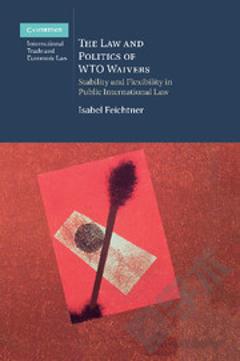
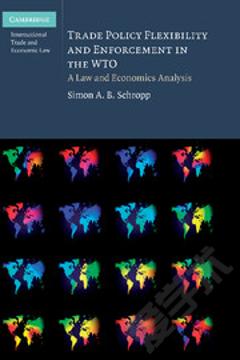
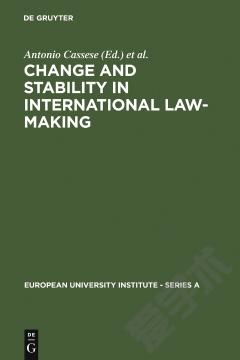

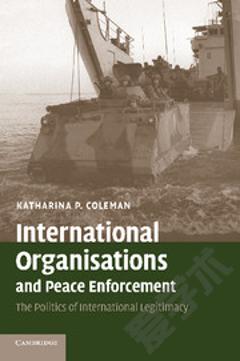

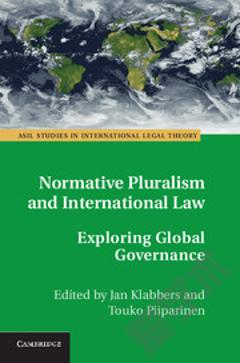

 京公网安备 11010802027623号
京公网安备 11010802027623号